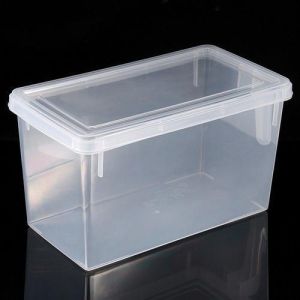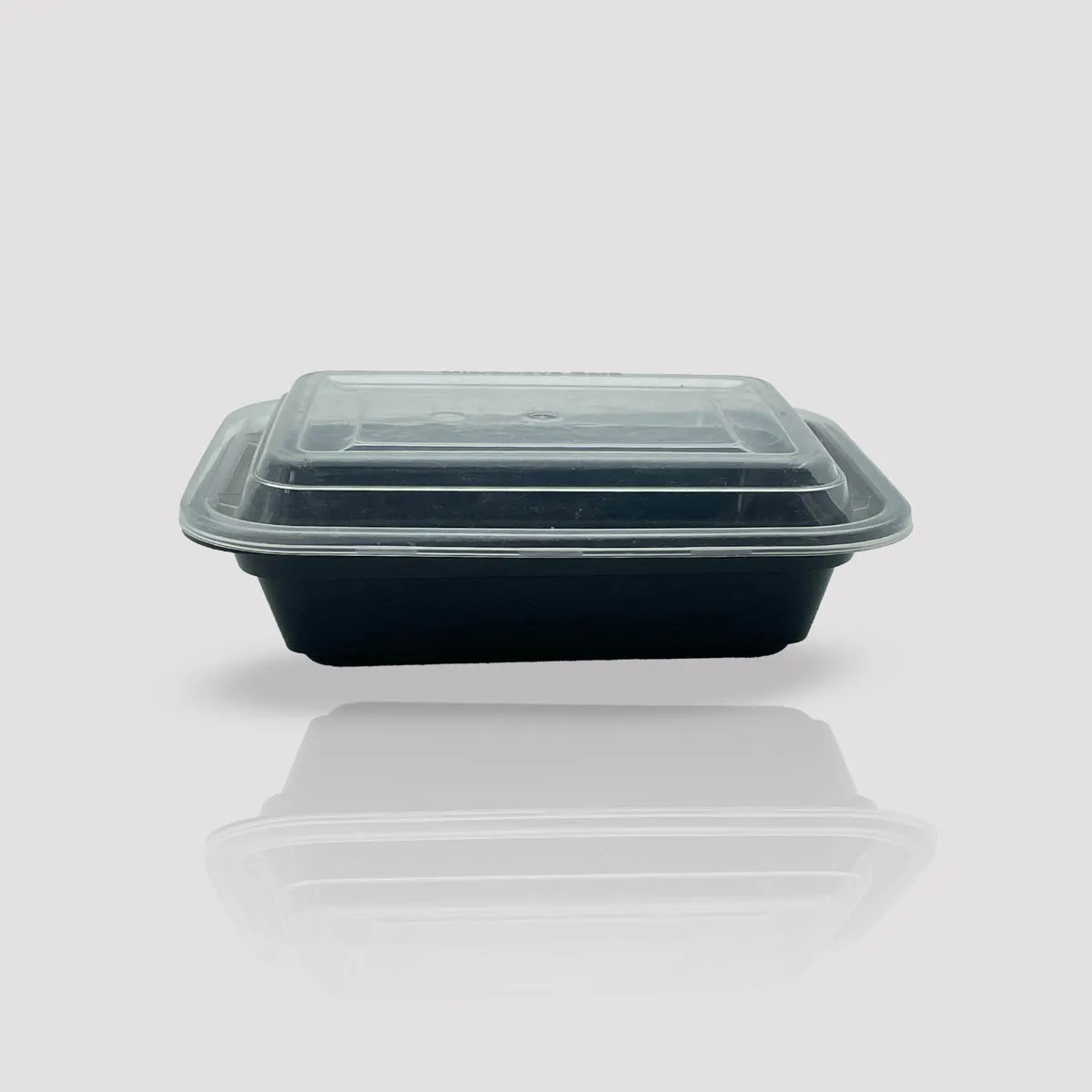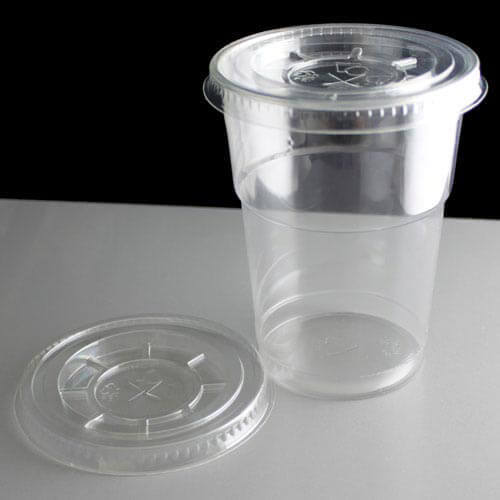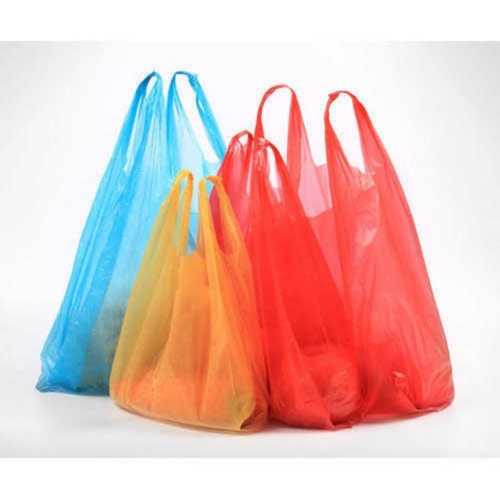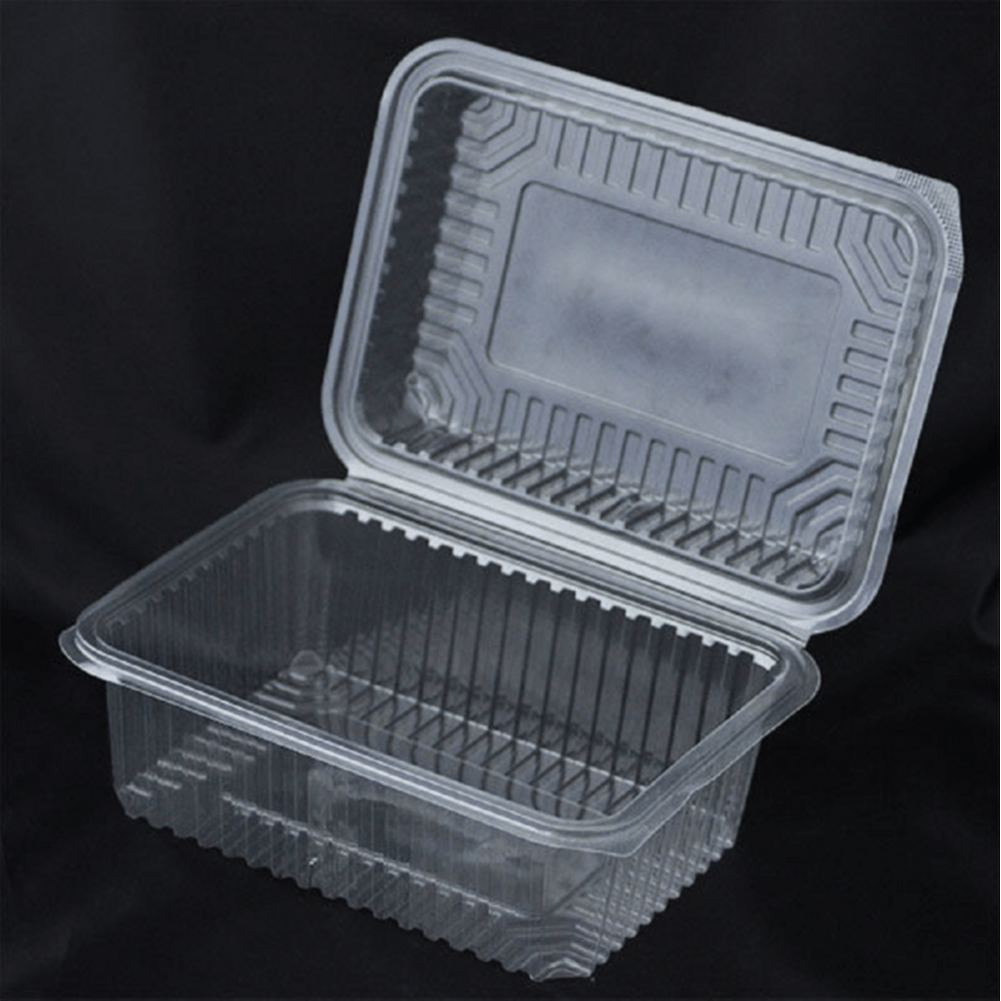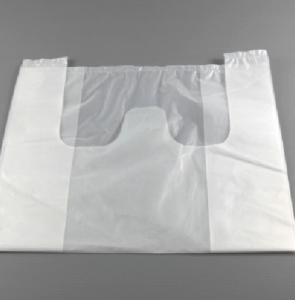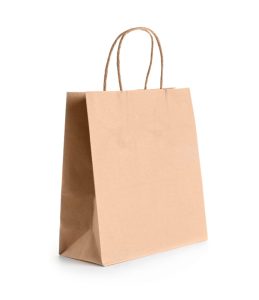The Truth About Recycling Plastic Bags: What You Need to Know

Introduction
In today’s world, where climate change and environmental degradation are hot topics, recycling has become a major part of global conversations. From packaging to household waste, people are encouraged to recycle more, waste less, and conserve resources. But when it comes to plastic bags, especially plastic carrier bags, the recycling process becomes surprisingly complicated.
While plastic bags are incredibly convenient for carrying groceries, clothes, and daily purchases, their impact on the environment has been significant. In response, efforts to recycle them have been steadily increasing. However, not all recycling is as straightforward as it seems, particularly when it comes to flexible plastics like plastic bags.
So, what is the truth about recycling plastic bags? Why is it such a challenge? And what can consumers, businesses, and manufacturers do to be part of the solution? Let’s explore the reality of plastic bag recycling, myths and facts, challenges, and the way forward for sustainable packaging.
The Global Plastic Bag Challenge
Plastic carrier bags are one of the most commonly used plastic products across the globe. Their versatility, strength, and light weight make them a popular choice for both retailers and consumers. However, this same durability is also what makes them a significant contributor to global pollution.
- Over one trillion plastic bags are used worldwide annually.
- Many of these bags end up in oceans, landfills, or are simply discarded on streets.
- They can take up to 500–1000 years to degrade completely.
- Wildlife, especially marine animals, often mistake plastic bags for food, leading to injuries or death.
Singapore, known for its advanced urban infrastructure and cleanliness, is also grappling with this plastic problem. The convenience-driven culture of shopping malls, food courts, and takeaways generates massive volumes of plastic bags daily.
Why Is Recycling Plastic Bags So Difficult?
Although plastic is often associated with recyclability, plastic carrier bags fall into a tricky category. Unlike hard plastics, thin flexible plastic like carrier bags poses several challenges to traditional recycling systems:
- Material Composition: HDPE and LDPE bags are technically recyclable, but their thinness complicates processing.
- Machinery Problems: Bags easily tangle in recycling machines, causing downtime and operational issues.
- Contamination: Food or dirt residue makes used bags hard to recycle effectively.
- Economic Viability: It’s more expensive to recycle plastic bags than produce new ones, discouraging recycling.
Common Myths About Plastic Bag Recycling
- Myth 1: You can toss plastic bags in curbside recycling.
Fact: Most curbside programs reject them. Use dedicated collection bins. - Myth 2: All plastic bags are the same and equally recyclable.
Fact: Different materials (biodegradable, compostable, conventional) require different recycling methods. - Myth 3: Recycled plastic bags become new plastic bags.
Fact: Most are downcycled into products like park benches or piping.
Singapore’s Approach to Plastic Bag Recycling
Singapore’s advanced waste systems still face hurdles with plastic bag recycling. Most plastic waste is incinerated, with a low overall plastic recycling rate. However, the government and private sector have introduced initiatives like:
- Bring-your-own-bag (BYOB) campaigns
- Mandatory bag charges at major supermarkets
- Special plastic bag collection bins at retail centers
The most effective solution remains reducing plastic usage and fostering responsible consumer behavior from the outset.
The Rise of Customized and Eco-Friendly Plastic Bags
A growing trend is the use of customized plastic carrier bags made with sustainable materials. Brands now emphasize both design and eco-consciousness. These modern bags often feature:
- Recycled content
- Biodegradable or oxo-degradable plastic options
- Thicker, reusable designs for longevity
- Branded messaging promoting reuse and proper disposal
Many Singapore businesses now partner with Customized Plastic Carrier Bag Manufacturers that prioritize sustainability in their processes.
Alternatives to Single-Use Plastic Bags
To further promote sustainability, alternatives to conventional plastic bags include:
- Reusable cloth bags
- Paper bags made from recycled materials
- Biodegradable plastic bags
- Compostable plant-based bags
Each option has pros and cons; reusability remains key for reducing environmental impact.
Extended Producer Responsibility (EPR) and the Role of Manufacturers
Extended Producer Responsibility (EPR) places the onus on manufacturers to manage a product’s lifecycle—from creation to disposal. This can include:
- Designing recyclable or reusable packaging
- Implementing take-back and recycling programs
- Educating consumers on proper use and disposal
- Collaborating with local recyclers for efficient waste processing
Green Packs: Leading the Change in Singapore’s Packaging Sector
Green Packs, a reputable Plastic Carrier Bag Manufacturer in Singapore, stands out in sustainable packaging. With eco-conscious production methods and high customization capabilities, they help businesses reduce waste while maintaining strong brand presence.
Green Packs: Customization with a Conscience
As a Customized Plastic Carrier Bag Supplier in Singaporea Green Packs crafts bags that are durable, customizable, and environmentally responsible. Their services include:
- Eco-friendly material options
- Custom printing for brand identity
- Bulk manufacturing and scalable solutions
- Participation in responsible recycling initiatives
Green Packs and Singapore’s Sustainable Future
With a dual role as manufacturer and supplier, Green Packs is at the forefront of packaging innovation in Singapore. Their dedication to combining function, style, and sustainability sets an example for other businesses to follow.
By choosing Green Packs, companies are making a conscious choice for both quality and environmental responsibility. As recycling systems evolve, brands that embrace sustainable packaging will remain relevant and respected.
































